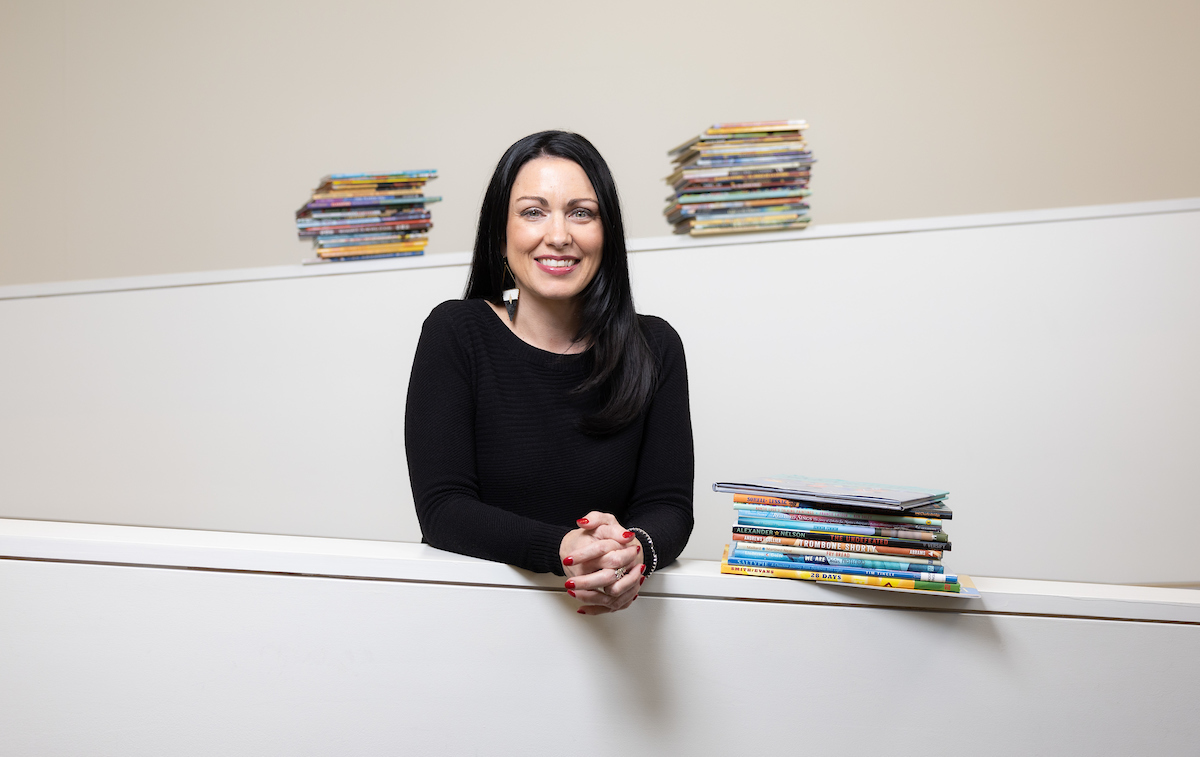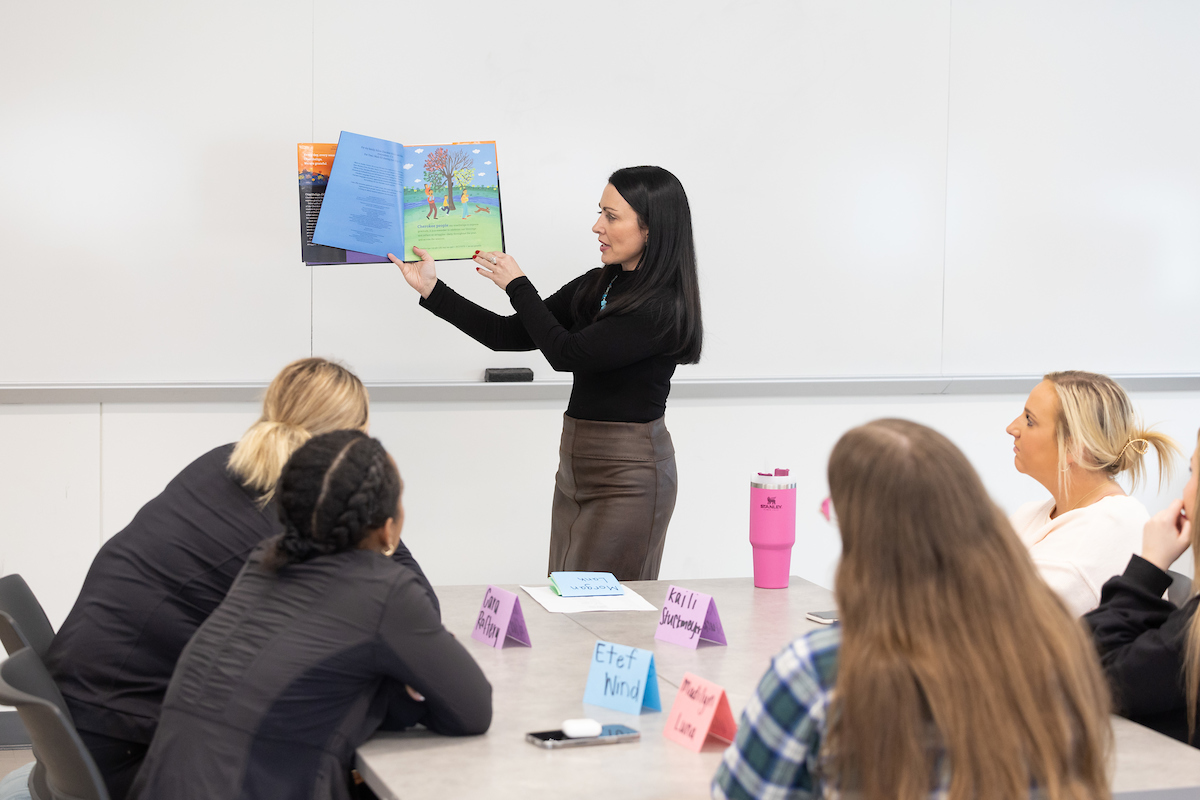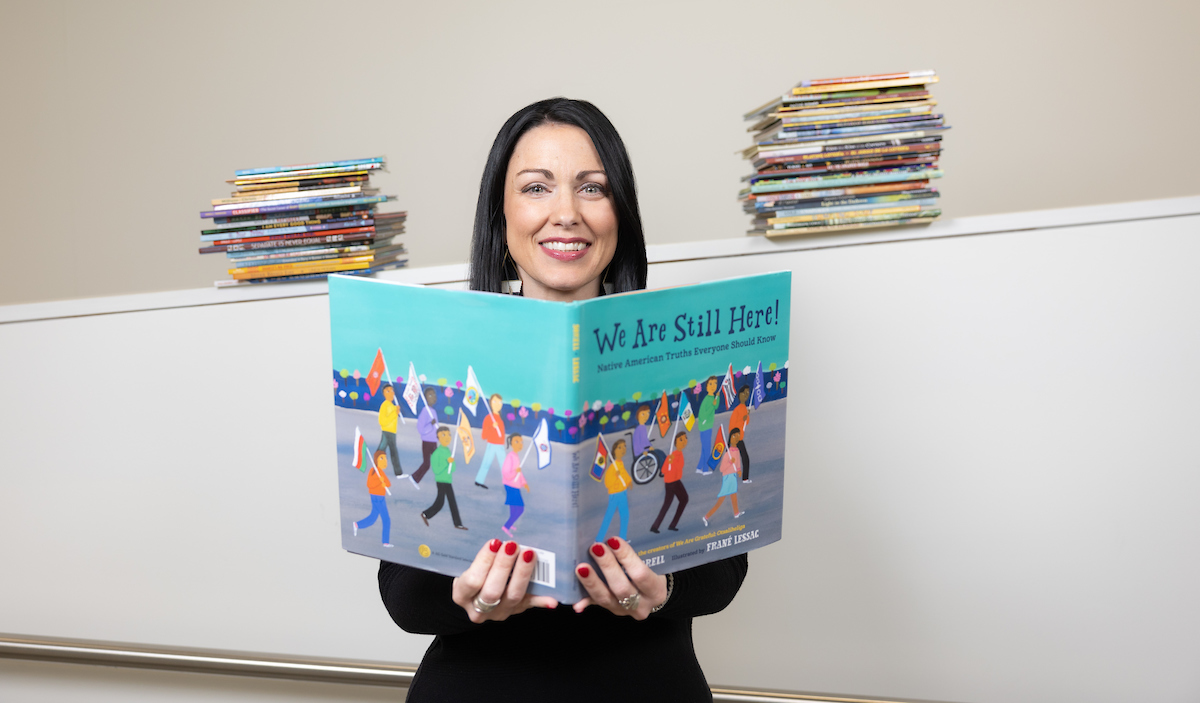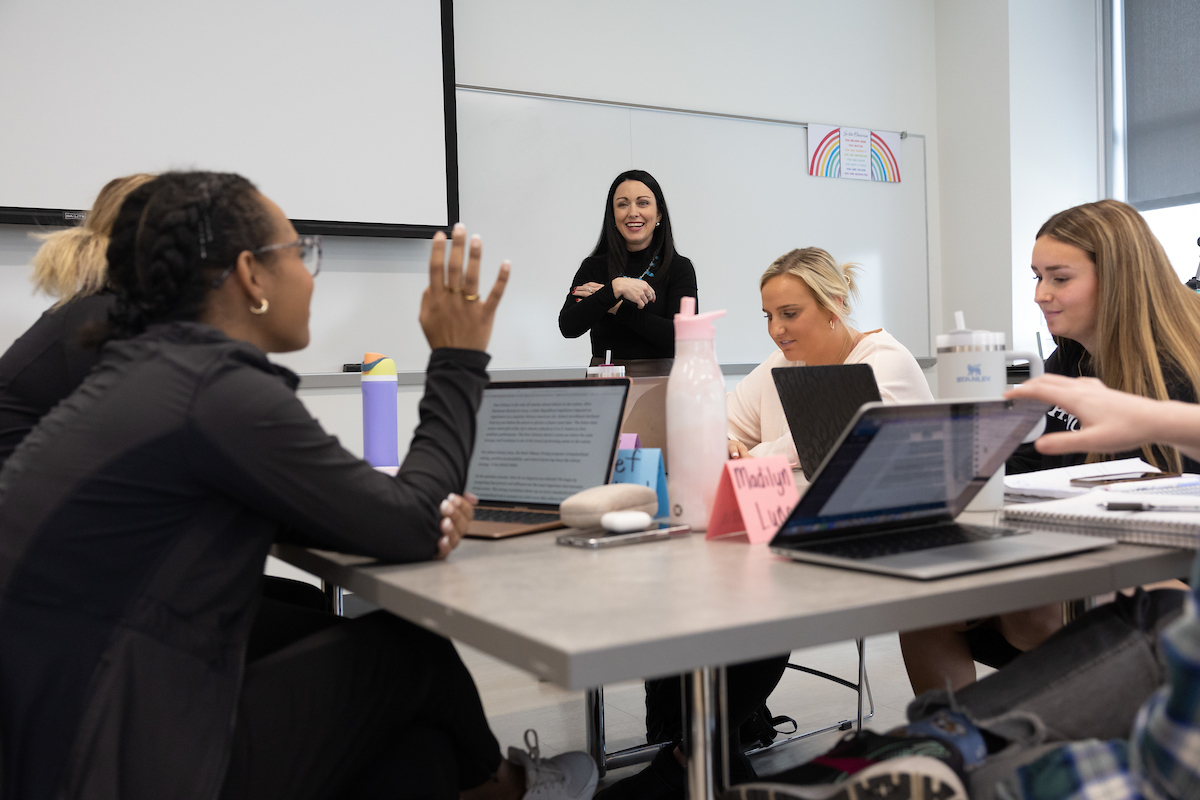Archive for April, 2023

Children’s books for change
But many children’s books do not portray Native Americans accurately. As a citizen of the Chickasaw Nation, Lewis is particularly passionate about spreading awareness of Native American history.
“So many books depict Native Americans with the same stereotypical characteristics and misconceptions. Meanwhile, they ignore the unique customs and traditions of over 550 federally recognized tribes,” said Lewis, associate professor of literacy at Missouri State University.
Children’s books often depict the lives of natives from more than 200 years ago. But these books omit the history of atrocities they faced and their rich modern culture.
“As recent as the 1970s, boarding schools took our children from us and tried to force them to adopt Anglo-American values and traditions,” she said.
“These schools used the motto, ‘Kill the Indian, save the man.’ It was terrible, and people often aren’t aware of it. It’s going to take generations for that pain to subside.”

Dr. Kayla Lewis, professor of reading foundations and technology, teaches RDG 318, Foundations of Literacy and Instruction, on February 21, 2023. Jesse Scheve/Missouri State University
The search for honest books
The lack of proper education about native heritage contributes to racism and reinforces stereotypes.
“Children’s books can help combat these issues by providing an outlet for teachers to honor, support and teach native heritage,” Lewis said.
“They can also help preserve endangered indigenous languages.”
She partnered with her former professor and longtime friend, Dr. Sarah Nixon, another MSU literacy professor. Together, they curated a collection of books for teachers to use in their curriculum.
“Children’s books can teach kids about our sovereignty, our people and the differences between the tribes.”
The duo evaluated 95 children’s books from their personal and local libraries. The books were fiction or non-fiction written by or about Native Americans.
They only examined books that they believed were high-quality. They looked for books that:
- Accurately represented native heritage.
- Incorporated indigenous languages.
- Featured contemporary indigenous peoples.
They found a majority of the 95 books would be approved for classroom use.
One of her favorite books they analyzed is “We Are Still Here! Native American Truths Everyone Should Know” by Tracy Sorrell.
“I love this book because it teaches about our true history and shows Native Americans as we are in the present day,” she said. “It shows that even though all these cruelties happened to us, we are still here.”
Lewis found the accuracy of children’s literature has improved throughout recent years.
“Recent authors pay more attention to the nuances of native heritage. They understand the significance of seemingly minor details, so they avoid changing them,” she said.
Lewis hopes the books they identified will provide a better understanding of native heritage for children.
Their research was published in the journal Language Arts in January 2023.

RFT Professor Kayla Lewis with books she reads at the end of each of her classes. February 23, 2023. Jesse Scheve/Missouri State University
Beyond pictures and stories
Children’s books help children learn valuable life skills. This could include the ability to talk about culturally sensitive subjects.
“Part of my work is teaching others how to ask questions and talk about these often-taboo topics,” Lewis said. “People can be so worried about offending others that they avoid conversations altogether.”
“Asking questions is a great way to learn about other cultures, and many people are open to teaching others about their cultures.”
But these conversations are necessary to combat stereotypes and learn about others.
“We’ll see kids grow up not afraid to talk about these things. They’ll be more understanding, accepting and willing to be the agents of change we need.”
Children’s books also expose kids to different cultures, especially in schools that lack diversity.
“Exposure to a variety of cultures is crucial to create an accepting and educated society,” Lewis said.
“We need a diverse and accurate book selection that represents all students. Everyone deserves representation.”
Part of a larger mission
Throughout her career, Lewis has worked to break stereotypes and educate others about native heritage.
“When Kayla was an elementary teacher in Republic, she often borrowed multicultural books from my collection to read with her students,” Nixon said. “She frequently taught her students about Native Americans and her Chickasaw Nation.”
Lewis and Nixon have collaborated on several projects about multicultural literacy. They plan to evaluate other literature and analyze their diversity course curriculum.
Researching children’s books is only a fraction of Lewis’ plan to better educate the world about Native American heritage.
“Despite her busy schedule, Kayla always finds time to speak to others about what it means to be a Chickasaw woman. She stresses the importance of learning through contemporary examples instead of historical figures.”

Dr. Kayla Lewis, professor of reading foundations and technology teaches RDG 318, Foundations of Literacy and Instruction, on February 21, 2023. Jesse Scheve/Missouri State University
Further reading
- Story by Savannah Keller
- Photos by Jesse Scheve

